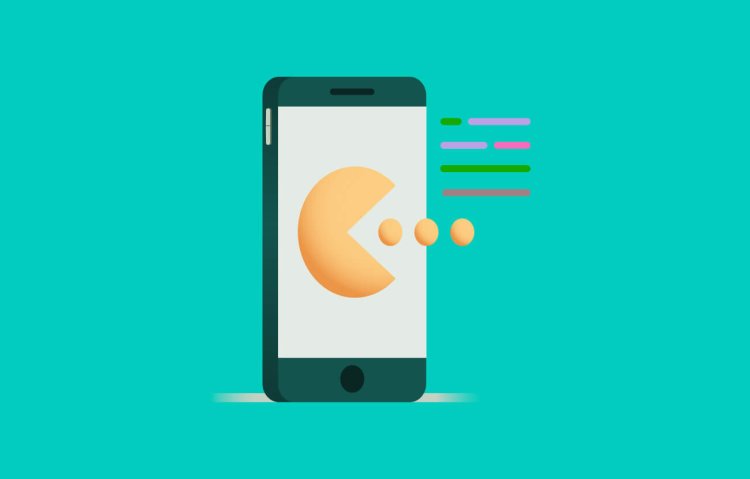How to Develop A Mobile App?
Developing a mobile app can be a complex process, but it can be broken down into several key steps. Here's a high-level overview of the process
Share this Post to earn Money ( Upto ₹100 per 1000 Views )

Developing a mobile app can be a complex process, but it can be broken down into several key steps. Here's a high-level overview of the process:
1. Idea and Conceptualization:
- Start by identifying a problem or need that your app can address.
- Conduct market research to understand your target audience and competition.
- Define the core features and functionality of your app.
2. Planning and Design:
- Create a detailed project plan with timelines and milestones.
- Design the user interface (UI) and user experience (UX) of your app.
- Create wireframes and prototypes to visualize the app's structure and flow.
3. Development:
- Choose a development approach: native (iOS/Android), hybrid, or cross-platform.
- Select the technology stack and programming languages (e.g., Swift/Obj-C for iOS, Java/Kotlin for Android).
- Write the app's code, implement features, and integrate APIs and services.
- Test the app's functionality during the development process (unit testing, integration testing).
4. Testing and Quality Assurance:
- Conduct extensive testing to find and fix bugs and glitches.
- Test the app on various devices and screen sizes to ensure compatibility.
- Perform usability testing to gather user feedback and make improvements.
5. Deployment:
- Prepare for app store submission (App Store for iOS, Google Play for Android).
- Create app store assets, such as icons, screenshots, and descriptions.
- Follow the platform-specific guidelines for submitting your app.
- Wait for app store approval.
6. Release and Marketing:
- Announce the app's release through various marketing channels.
- Monitor user reviews and feedback and address any issues promptly.
- Consider running advertising or promotional campaigns to increase visibility.
7. Maintenance and Updates:
- Continuously monitor and collect user feedback for improvements.
- Release regular updates with bug fixes, new features, and enhancements.
- Keep the app up to date with changes in the operating systems and devices.
8. Scaling and Growth:
- Analyze app usage and user data to refine your app's strategy.
- Explore opportunities for expanding the app's features or targeting new markets.
9. Security and Privacy:
- Implement robust security measures to protect user data.
- Comply with data privacy regulations (e.g., GDPR, CCPA) and obtain necessary permissions.
10. Monetization (if applicable):
- Decide on a monetization strategy (e.g., freemium, in-app ads, in-app purchases, subscriptions).
- Integrate payment systems and ad networks as needed.
11. Legal and Compliance:
- Ensure that your app complies with all relevant legal and regulatory requirements.
12. Feedback and User Engagement:
- Actively engage with users through support channels and social media.
- Use analytics tools to gain insights into user behavior and preferences.
Remember that mobile app development is an iterative process. It's important to gather feedback, make improvements, and adapt to changing user needs and market conditions. Additionally, seeking the help of experienced developers, designers, and marketers can greatly enhance the success of your mobile app.
Also Read:
Mobile Game Marketing: How to Promote Mobile Game Apps?
How to Create A Poker App in The USA?














